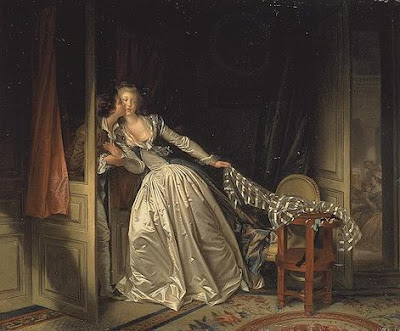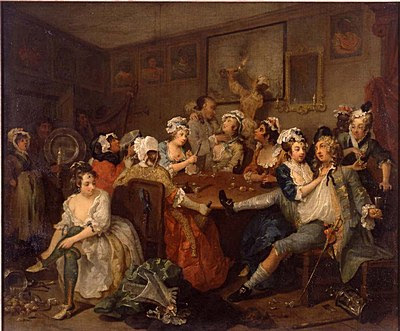(This is a continuation of Monday’s blog! You all asked so many great questions, and now we have your answers…)
What does Grand Publishing not want to see in a historical?
I’m a big advocate of never say never. Other than settings which have proven unsuccessful in the marketplace (England and Scotland are still the most popular settings), we’re open to all plot lines and characterizations. As long as there’s a strong love story with a dynamic hero and heroine, strong conflict and engaging drama, as well as strong secondary characters and intriguing secondary plots, we’re happy to take a look. The key to remember is to stay true to the heart of historical romance–an incredible love story set against a lush, fully-realized historical backdrop that makes readers feel as if they’ve stepped into another time and place.
What are some of the Romantic Suspense books that you have coming out soon? I really lean towards that genre in reading.
We’ve got an exciting array of Romantic Suspense writers on our list. Just out now is Karen Rose’s debut hardcover, SCREAM FOR ME, which is heart-stopping suspense at its finest! In June we’re publishing Susan Crandall’s chilling PITCH BLACK, which is guaranteed to keep you on the edge of your seat. If you like military heroes, you’ll love our October release NO ESCAPE by Shannon Butcher and Marliss Melton’s TOO FAR GONE, which hits the shelves in November. And for readers who like a splash of paranormal with their suspense, we have Samantha Graves’s OUT OF SIGHT publishing in August, and Rita Herron’s INSATIABLE DESIRE in November.
I am a rabid reader of historical romances but am equally excited to read about your contemporaries and what you look for in one.
We’re looking for contemporaries that create a fully-fleshed out world inhabited by an extended cast of characters and a setting readers will want to return to time again. Meeting our hero and heroine’s family and friends, getting to know their town and their neighbors, really builds a sense of community in the stories, and it’s this sense of community that readers embrace. Heroes and heroines with challenges and conflicts that reflect readers’ own lives and fantasies is also something we look for.
I am curious. What is it about “voice” that speaks to you? What does it tell you about an author and the possibilities? And what sort of voice gets your attention?
To me a stellar voice is one that leaps from the page. From the first sentence, on the first page, I feel like I can hear the characters speaking to me, telling me their story, guiding me through their setting so that I feel as if I’m walking alongside them. Voice often goes hand in hand with a lyrical writing style–which equates to utilizing varied sentence structure in your writing, and striving for a story that sounds as good when read aloud as it does when read on the page. What voice tells me is that the writer fully knows their characters and setting, and although much hard work and time has gone into writing the story, the words flow effortlessly onto the page.
It sounds as if you are one of those fortu nate people who managed to find their dream job. Does it ever get tiresome or disenchanting? What do you do to recharge yourself when and if that happens?
I am indeed fortunate, and still pinch myself to think that I get paid for doing what I love–reading! In terms of recharging, it’s something everyone needs to do, I think, and I do it with…more books! I love to read narrative non-fiction and practical non-fiction like gardening and cookbooks. I catch up on the latest literary thriller or book club selection, peruse my dusty shelves of novels from the 50s, domestic dramas that hold a real nostalgic charm, dive into my ever growing stack of vintage crafting books, the list goes on and on!
I know I am asking way too many questions, but I am so excited that you are here!
Where do you think the trends in historical might go? Spy adventure novels? Comedy of errors novels? Historical with a touch of paranormal? I read voraciously to keep up with what is out there. I have noticed a number of novels where the hero and heroine leap into bed in the first chapter. “Hello, how are you? Shall we leap into bed? Oh yes, please. Jolly good show!” What is your take on that?
I really think there are no limits as to where historical romance can go–as long as the stories stay true to the traditional tenets of romance. As for the more “sensual” historicals, I feel they’ve been around forever (Skye O’Malley anyone??), and there will always be readers who are looking for a steamier read. What I look for in a steamier read is one in which the “steam” is organic to the story. It makes sense that the characters would choose the actions they take based on where they are in their character arc and what the plot commands. I don’t feel”steam” for “steam’s” sake is as effective.
I really enjoy paranormals and I hope this trend continues. I’m seeing a lot more historicals, too. Are there any subgenres that aren’t selling right now?
We do wonder where all the romantic comedy readers went off to. I suspect that many of them have been enjoying the tales told by trade paperback (formerly known as chick-lit!) writers. I’d like to think there’s enough call for both mass market romantic comedies and trade paperback tales, but at the moment that doesn’t seem to be the case.






